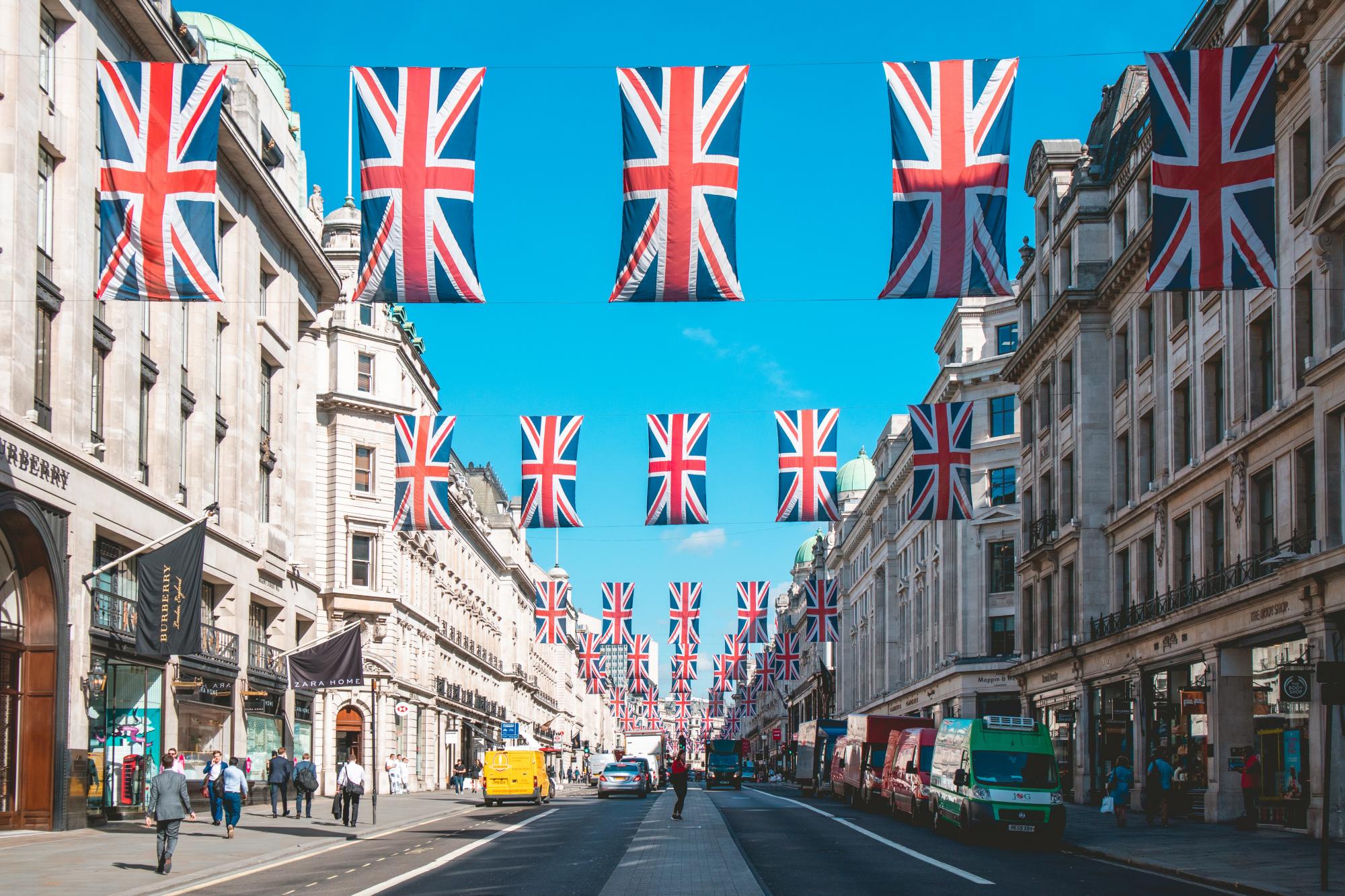Test- FTSE 100 Kicks Off August on a High as BP and Senior Lead Market Momentum
$11
10 Oct 2025, 13:13

Unsplash.com

Compared to their counterparts in other developed nations, British workers are expected to see a worse decline in living standards this year, according to a Bloomberg survey of financial experts and retail investors.
According to the most recent Markets Live Pulse poll of 631 respondents, inflation will outstrip salary increases in the UK more than in any other G-7 nation, with Italy coming in a distant second. It should come as no surprise that so many Brits are on strike and that they are feeling the squeeze. According to the Office for National Statistics, wages that have been adjusted for price increases are decreasing by more than 3%.
The cost of necessities like gasoline and food has increased even more swiftly than today's headline inflation rate of 10.1%. This has increased the usage of food banks and discount supermarkets while also fuelling the most pervasive industrial action in history.
Huw Pill, an economist at the Bank of England, got into trouble last month when he said that rather than attempting to reverse the consequences of inflation, Britons "need to accept" that they are poorer.
However, the situation is considerably worse in Italy, where real earnings are declining at a pace that is closer to 6%. The fact that participants believe the UK is leading the race to the bottom nevertheless suggests a view that the country's inflation issue will remain more stubborn than that of other countries and that the current rate of wage growth may not be maintained as the labour market's extreme heat begins to abate.
The forecast for the property market shares the pessimism about the UK's future. According to a study by Bloomberg, Canada, where prices have already dropped 16% from their peak in 2022, will have the most nominal reduction in home prices this year among the G-7 nations. The UK is a close second, with prices here having fallen by almost 3% as of recent readings from Nationwide. With little under 25% of the vote, the US came in third.
Based on the most recent S&P CoreLogic Case-Shiller Index reading, national prices continue to increase, up 2% year over year in February.
Professional and individual investors believe that this year when it comes to investment prospects, the UK's housing market is not the best place to put your money. The large-cap FTSE 100 index is preferred by about 45% of respondents above other UK assets. This makes sense given the prevailing lack of optimism on the UK's economic prognosis for 2023.
While the mid-cap FTSE 250 has a stronger domestic focus, the majority of FTSE 100 companies' revenues are produced outside of its borders.
In contrast to the FTSE 100, which had a better year in 2022 thanks to its exposure to firms in the energy and other commodities sectors. The mid-cap gauge has begun to dominate in the last month, even if the 100 is now outperforming the 250 in terms of gains for the year.
Professional investors are more positive on UK gilts than private investors, indicating that they anticipate UK interest rates to decline before the end of the year, which in turn reflects fears about recession.
(Bloomberg.com, Bloomberg MLIV Survey)